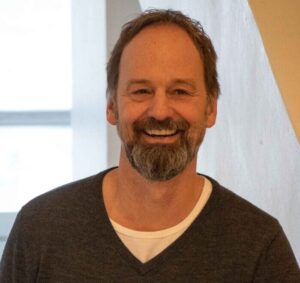
Multicultural School Events as Rituals
Multicultural school events have become a global phenomenon, offering schools a platform to showcase the diverse cultures and languages within their communities. These events typically feature ethnic food, performances, and presentations from various cultures, serving as important spaces for fostering intercultural understanding and celebrating diversity among students, teachers, and families.
However, despite their widespread adoption, researchers have critically questioned the efficacy of these events. They argue that when reduced to one-off occasions, without integrating multicultural perspectives into everyday activities, they may inadvertently reinforce existing power dynamics and boundaries. By treating multicultural education as isolated events, schools risk overlooking power relations and hierarchies, potentially reinforcing the borders they intended to dissolve and negate.
In her series of blog posts “What Ritual Does”, Itihari Y. Toure reminds us about how rituals may help people to respond to change, not by reinforcing the status quo but in ways that facilitate transformation. Rituals help us navigate uncertain times; they provide a means for individuals to manage overwhelming circumstances and regain a sense of control. As such, rituals can help us feel closer. They create community and help us build an inclusive culture of belonging. From this perspective, multicultural events look different.
Toure’s reflections make us pay more attention to the consistent effort that teachers, school leaders, parents, and students put into these events. As a ritual, such events can be interpreted as a continuous resistance against the spread of xenophobic attitudes, prejudices, and behavior that characterizes political flows in many countries. The participants’ engagement in multicultural school events can be seen as a persistent contribution to reducing prejudice in school and cultivating greater tolerance of cultural, linguistic, and religious differences.
Furthermore, interpreting multicultural school events as a ritual reminds us of the dynamic character of such events. In a classroom study I conducted in Norway, the school had organized a group of key teachers who were responsible for planning and evaluating the event every year. The group was strategically balanced with a wide representation of teachers who were collaborating closely with the parent board. In this way, the school had reached a level where most parents expressed a sense of ownership of the event. For the coordinators, the event was seen as a work in progress that had developed continuously throughout the years. Setting aside time for an open and self-critical discussion of the event had helped the group to develop the practice from a top-down organized event that started off with only enthusiasm, to build a broad basis of participation and involvement. Critical reflections also helped the organizers to avoid identifying students and families with a particular essentialized background. Instead, the event was created as a social space where marginalized voices became the center of attention, enhancing the participants’ awareness of what it means to be diverse school.
As Toure emphasizes in her series of blog posts, every teaching moment offers an opportunity for transcendent learning. Viewing multicultural events as rituals, I believe, can help us recognize more of these opportunities. Instead of simply dismissing multicultural school events as exotic happenings, we are challenged to consider how they can foster meaningful connections and inclusive practices.
… [Trackback]
[…] There you will find 52778 more Infos: wabashcenter.wabash.edu/2024/05/multicultural-school-events-as-rituals/ […]